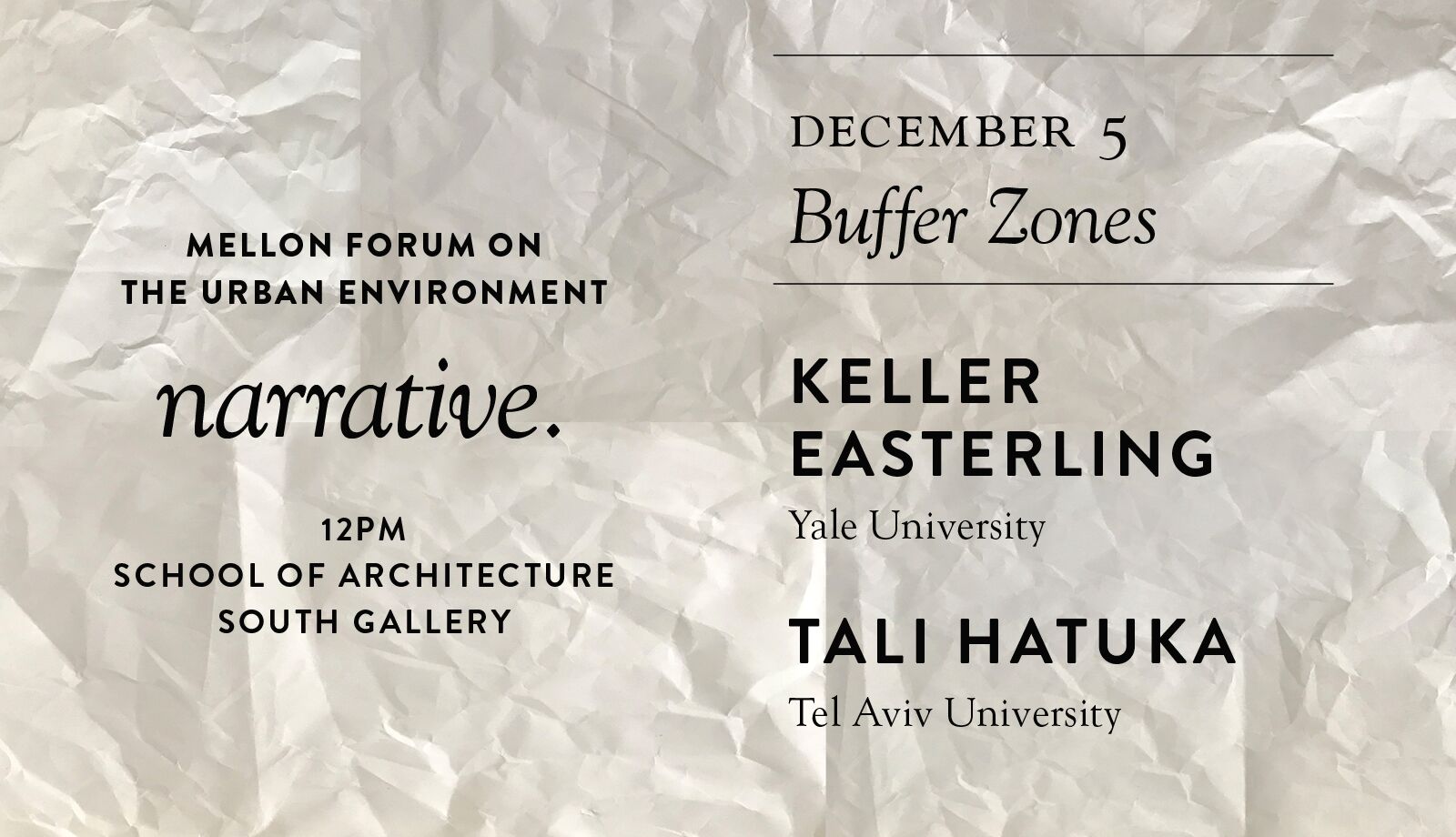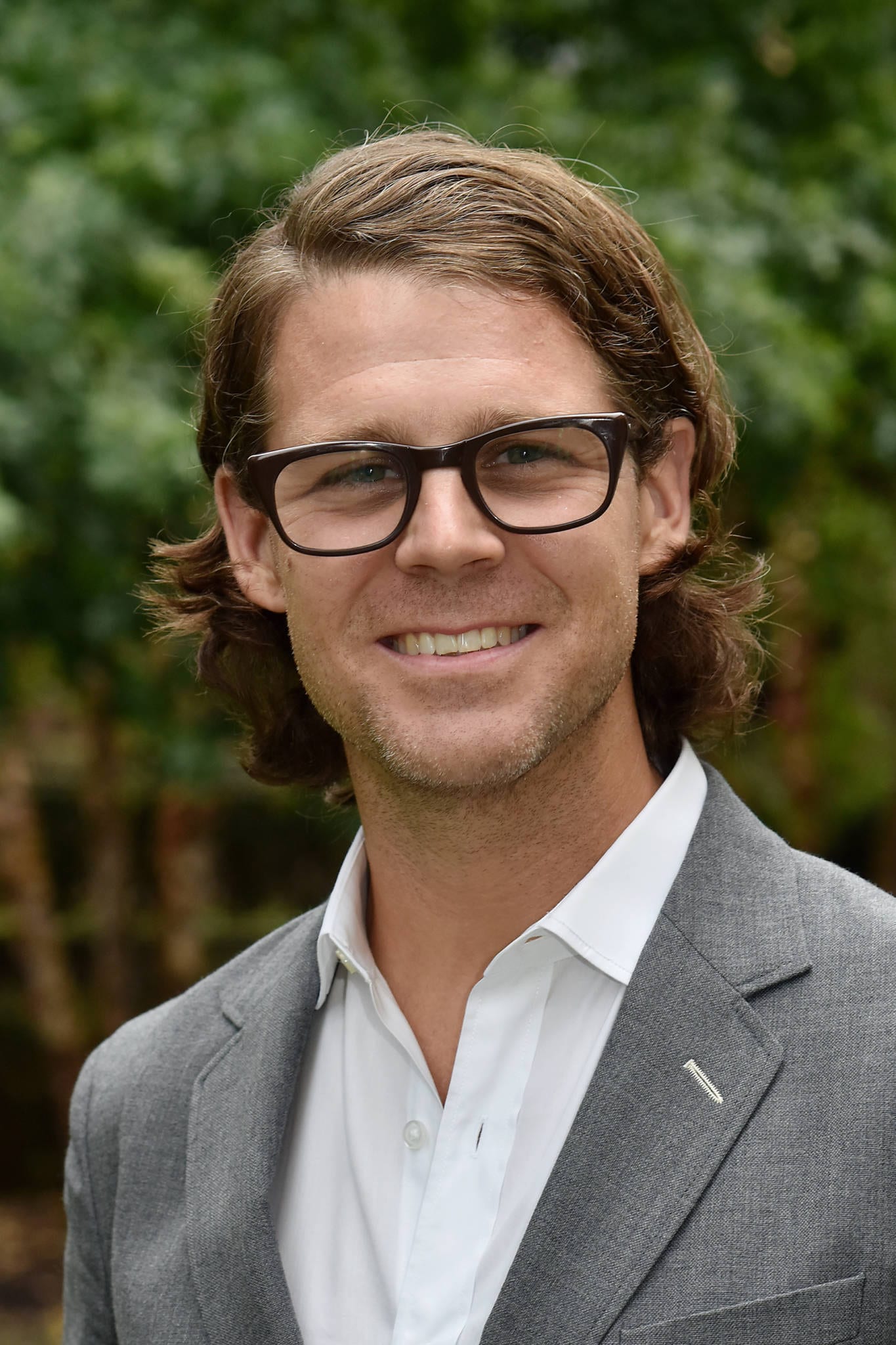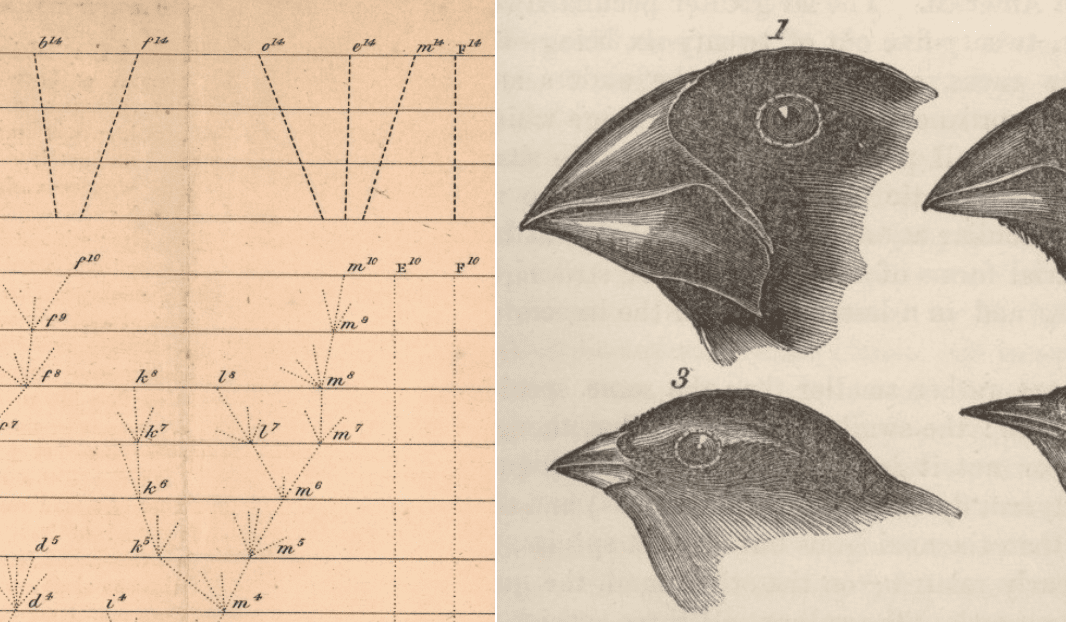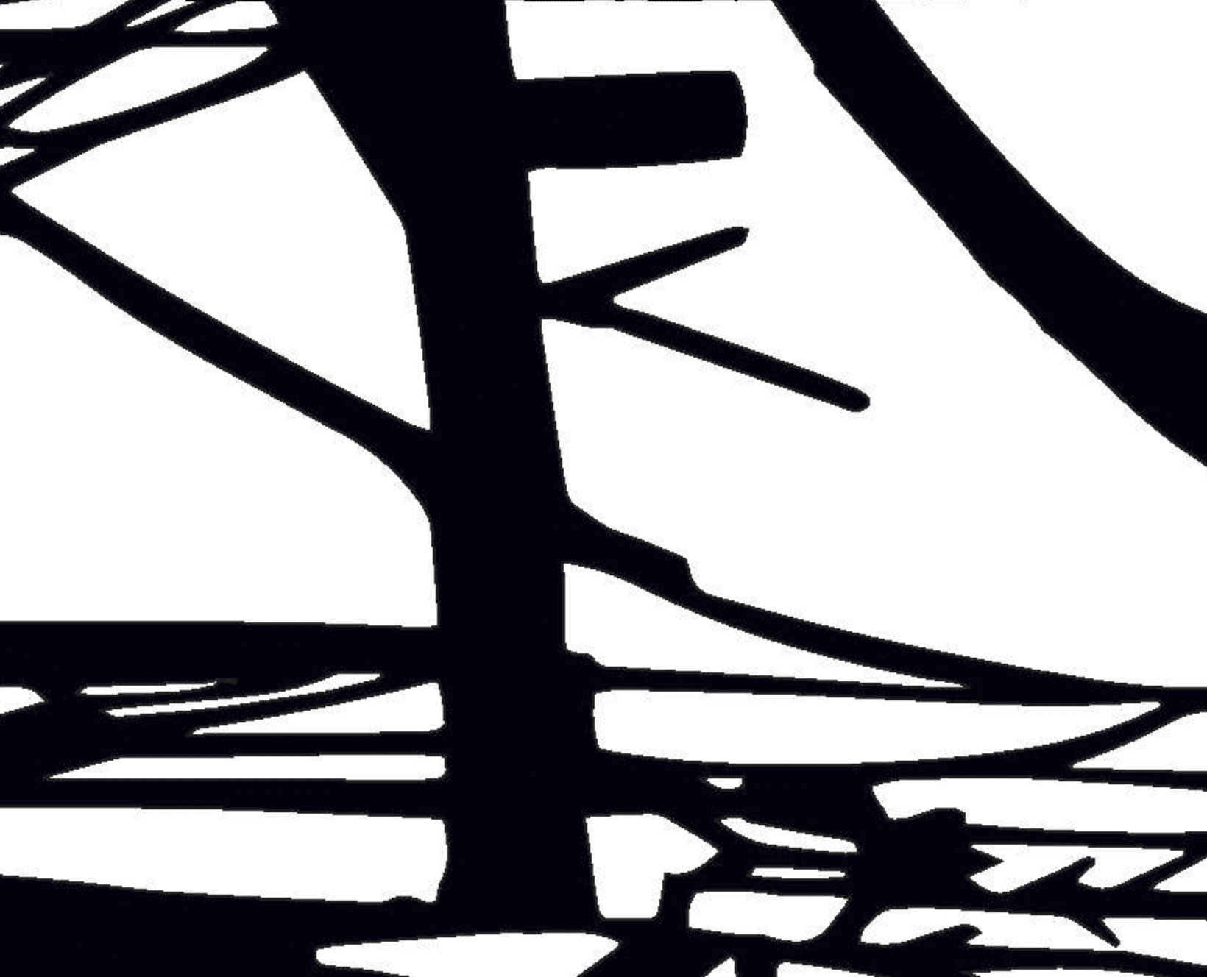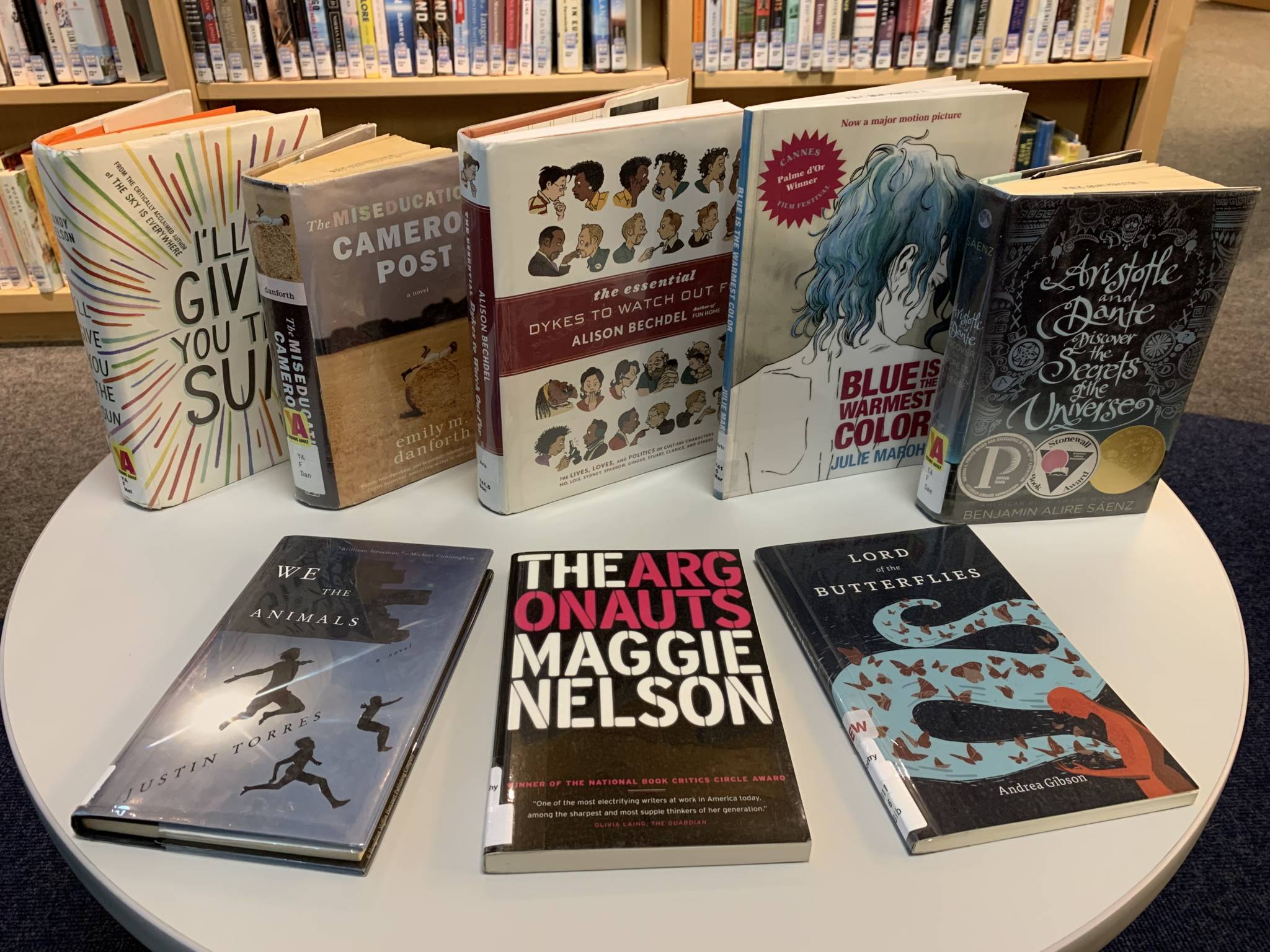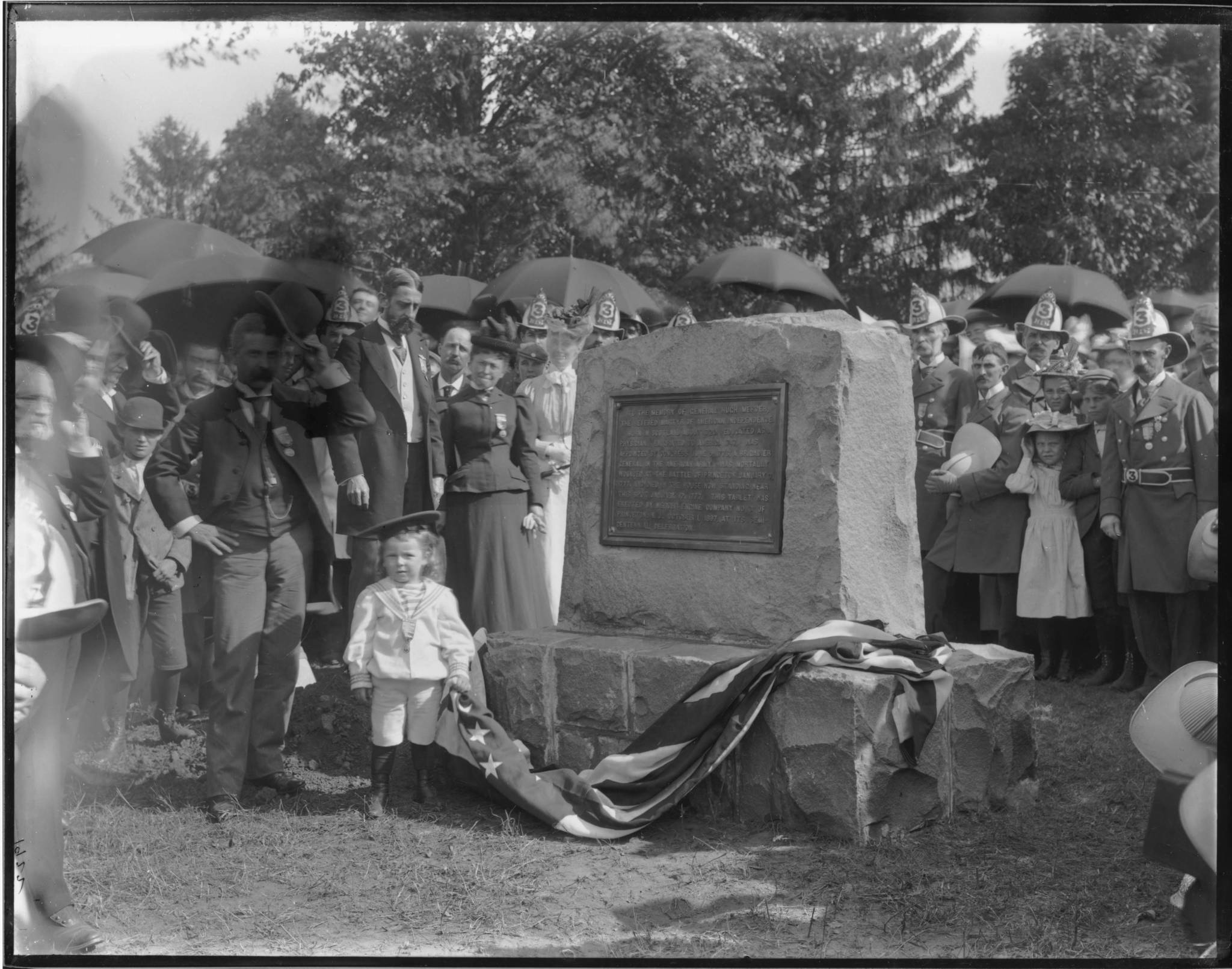Mellon Forum on the Urban Environment: Buffer Zones
School of Architecture, South GalleryA recent headline reads: “In Korean DMZ, Wildlife Thrive!” Apparently, the forces that lock humans out of the demilitarized zone has allowed wildlife and species to thrive. Thus the ongoing remnant of violent conflict is also a symbol of a greener, inhuman future. This session invites conversations about various buffer zones across the global landscape […]
Telling Tales of Clever Women: Writing, Agency, and the Devotional Book in Late Medieval Germany
209 Scheide Caldwell 209 Scheide Caldwell, PrincetonMedieval Studies Tuesday: Faculty colloquium
Why We Need a More Global History of Incarceration, and Why We Currently Don’t Have One
019 Bendheim PrincetonMatthew Larsen will discuss the reasons why we currently suffer from a parochial and undeveloped sense of the history of incarceration, and how this impacts us in the present. He will point out the ways that a more robust picture of how carceral practices and geographies would benefit us as we think about the past, […]
Old Dominion Public Lecture: Darwin’s Diagram
010 East Pyne“The mind cannot possibly grasp the full meaning of the term of a hundred million years; it cannot add up and perceive the full effects of many slight variations, accumulated during an almost infinite number of generations." Charles Darwin, On the Origin of Species by Means of Natural Selection, or the Preservation of Favoured Races in […]
Down with Influence! Proposals to Free the Humanities From an Empty Word
105 Chancellor GreenWhen it comes to telling the history of creations of all sorts (Arts, Literature and Philosophy), we usually look for the sources on which an author or artist has drawn, […]
Byzantium Between the Paradigms of Philosophical and Prophetic Eschatology
103 Scheide Caldwell 103 Scheide Caldwell, Princeton1809: A Genealogy of the Present
205 East PyneSchelling published the first volume of a planned collection of his philosophical writing in 1809. It contained four earlier essays and a new treatise on freedom. The volume was published […]
Book Talk: Aftershocks of Disaster
216 Aaron Burr 216 Aaron Burr, PrincetonThe concept of "aftershocks" is used in the context of earthquakes to describe the jolts felt after the initial quake, but no disaster is a singular event. Aftershocks of Disaster […]
Queer Letters: Writing Stories About Identities, Families, Gender, Cultures, and Communities
Princeton Public Library (2nd Floor Conference Room)Centering on queer and trans experiences, this workshop will invite participants to explore questions of identity through guided free-writes, such as How does your family accept or respond to your […]
Open Archive: Memorializing Princeton’s History
Princeton Public LibraryThe monuments and memorials found throughout Princeton take various forms — from trees to sculptures to green ovals on buildings. Stop by the Discovery Center to explore documents and artifacts […]




